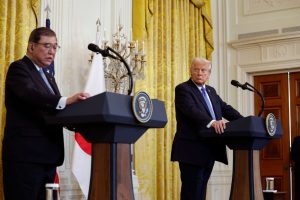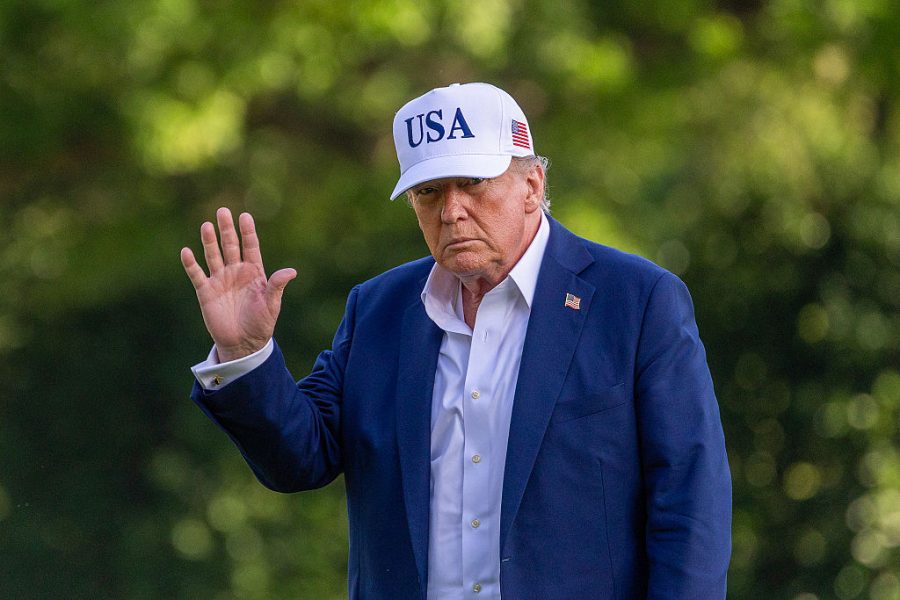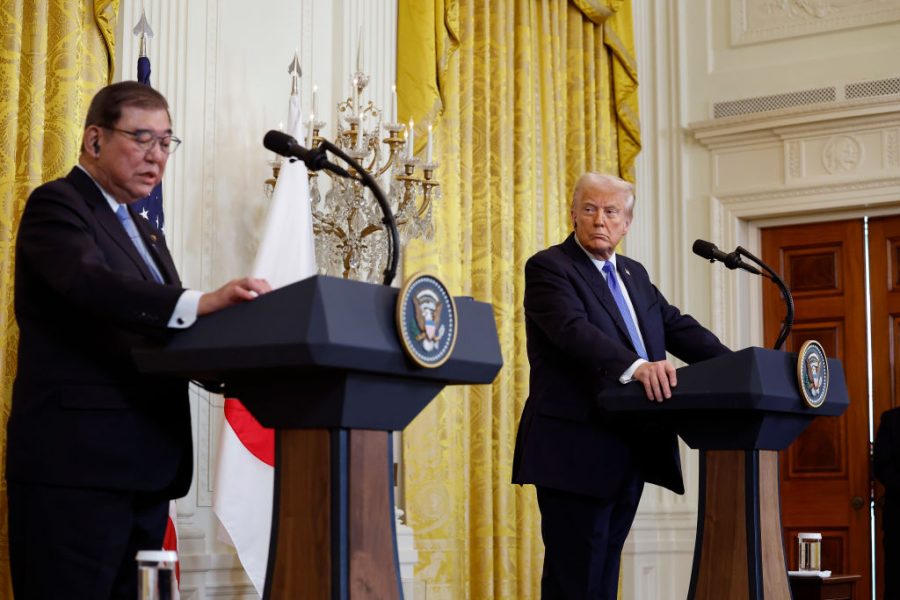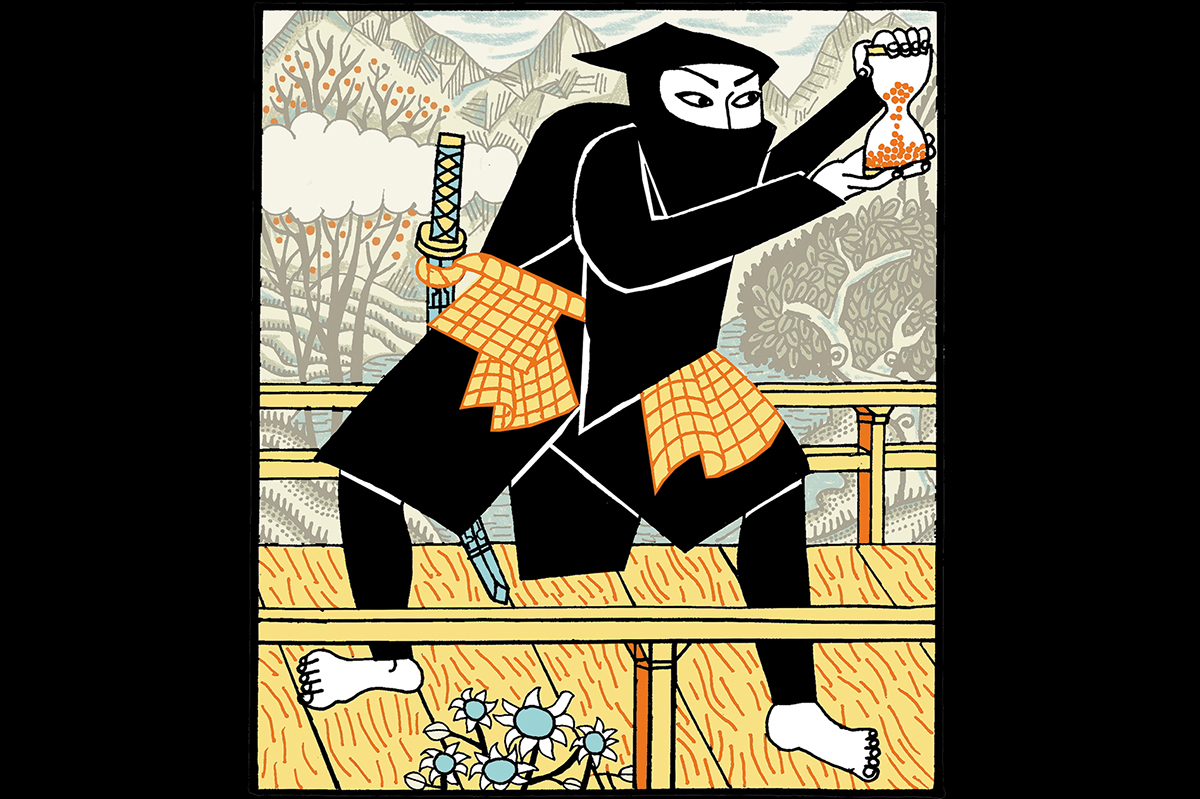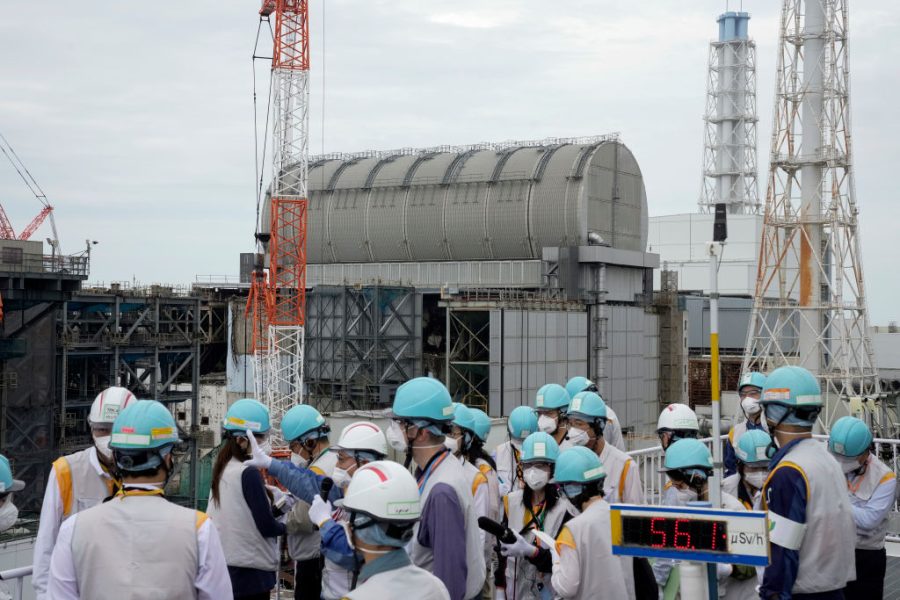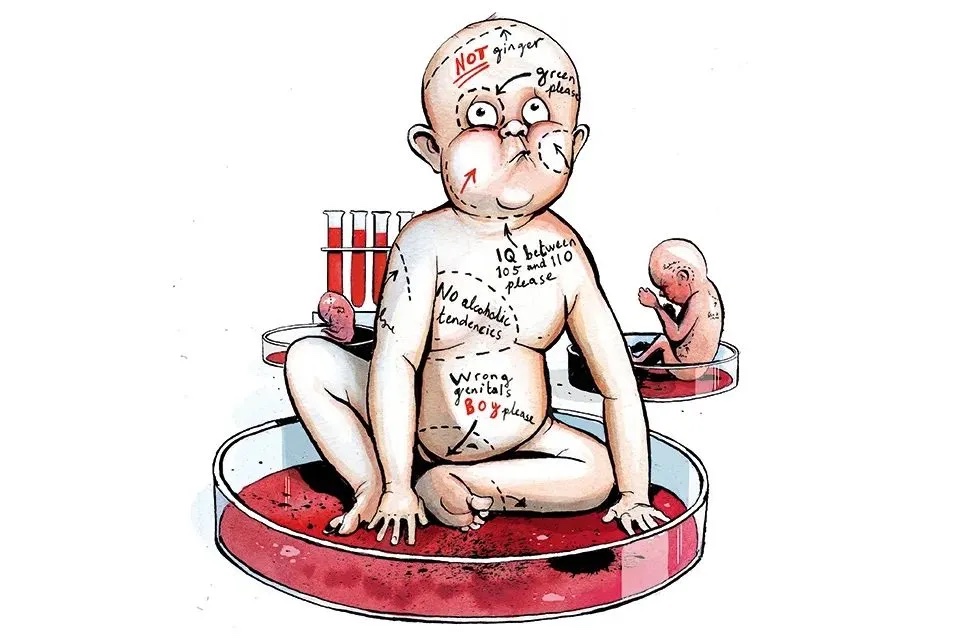Tokyo
This week was the 10th anniversary of the Great East Japan Earthquake, the most powerful earthquake ever recorded in the country. It, along with the tsunami it triggered, claimed an estimated 19,000 lives. I was walking in the Shibuya district of Tokyo when the quake knocked me off my feet. I recall being first puzzled (why am I falling?); then awestruck, as I glanced up at a thin concrete ‘pencil’ building swaying gently like a flower in the breeze. Two women on a balcony seemed to be, bizarrely, unaccountably, laughing. Then I became aware of a man running towards me, gesticulating frantically and, oddly for Japan, swearing. When the tremors passed, I picked myself up and noticed his hard hat, overalls and expression of wonder mingled with relief. I looked up and realized I had been walking under the scaffolding he was working on. One loose bolt and it would have entombed me. We stared at each other in silence, and then went our separate ways. I’ve always regretted that I didn’t thank him and his crew for their workmanship.
Talking of debts of gratitude, someone who ought to be remembered is Masao Yoshida, engineer in charge of the Fukushima nuclear plant, which was rocked by the quake and flooded by the tsunami. After three hydrogen blasts the management in Tokyo ordered staff to abandon the facility. Yoshida, knowing this would be disastrous, went behind the backs of his superiors and contacted then prime minister Naoto Kan, who fortuitously, and rarely for a politician, had some knowledge of engineering. With Kan’s approval, Yoshida and a small crew stayed and continued to pump seawater into the reactor, cooling it, but rendering it inoperable. They exposed themselves to massive amounts of radiation in the process. This initiative prevented further explosions and probably saved many lives. Defying the stereotype of the robotically obedient company man, Yoshida was a straight-talking maverick from Osaka, whose inhabitants are renowned for their single-mindedness and suspicion of lofty Tokyo. He gave one interview and then quietly retired. He died of esophageal cancer in 2013 aged 58. He has never received any official recognition, and all he got from his company TEPCO was a verbal reprimand for disobedience.
The regeneration of the devastated areas was supposed to be celebrated in the 2020 Olympics, which were dubbed the ‘recovery games’. This landed badly with locals who feel the ‘recovery’ is far from complete, particularly when it emerged that the spin was an afterthought, concocted when it became apparent that regional venues were needed to supplement those in Tokyo. The story typifies the murkiness that has characterized the project. The games were awarded in controversial circumstances, after it emerged that fees for ‘consulting services’ had ended up in suspicious bank accounts. This led to the resignation of Tsunekazu Takeda, aristocratic head of the Olympic Committee. Then there was the misrepresentation of the summer climate: in the bid materials, it was described as ‘ideal for athletes to perform at their best’. In fact, it’s brutal and potentially dangerous. The spiraling budget risked bankrupting the city, leading to broken promises such as the air-conditioning system in the Olympic stadium being quietly canceled, rendering it a concrete sun-trap. And last month, just when the project needed a PR boost, the former PM Yoshiro Mori, head of the organizing committee, said that women members should have their speaking time limited in a discussion on gender diversity. The media awarded him the first gold medal of the games (for sexism), and the hashtag ‘Mori please resign’ (note the delightful Japanese courtesy) began trending. He duly complied, soon after the sponsors joined the pile-on.
Will the games go ahead this year? The feeling is that they will, though overseas spectators will be banned. However, my contact on the periphery of events admits that any worsening of the COVID situation would be it; and, upon a cancellation, the entire Japanese cabinet would resign. But do the Japanese public still care? Did they ever? A poll in January found 80 percent favored a further postponement or cancellation. Even pre-pandemic, evidence of enthusiasm was hard to find. In 2019 the public broadcaster NHK produced a marathon (47-episode) Olympic drama in the primetime Sunday night slot. Idaten got the fewest viewers in the slot’s history.
If NHK’s Olympic cheerleading struck the wrong note, it deserves a modicum of praise for its COVID coverage: not so much the editorial line, which features the same churn of uncontextualized statistics as its progenitor the BBC, but for the calm and dignified tone. Despite a relatively low death toll, there have been periodic reports of overwhelmed hospitals in Tokyo, but these never come with dramatic ICU footage overlaid with graven commentary. Government messaging is similarly restrained, never hectoring or emotionally manipulative. Scary ‘Look him in the eyes’ posters wouldn’t be acceptable here, and not just because of the cultural taboo on maintaining eye contact.
Generally in this pandemic the Japanese have been treated as adults, and trusted to make their own decisions. It reflects a solidly constructed, self-regulating society, and a people all too familiar with disasters both natural and man-made. There may be aftershocks, but Japan looks likely to emerge from COVID not only relatively unscathed, but largely unaltered.
This article was originally published in The Spectator’s UK magazine. Subscribe to the US edition here.












